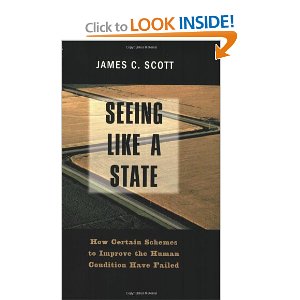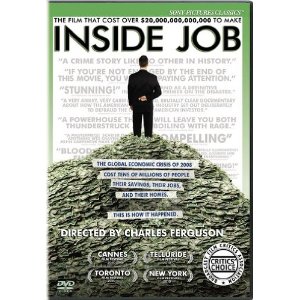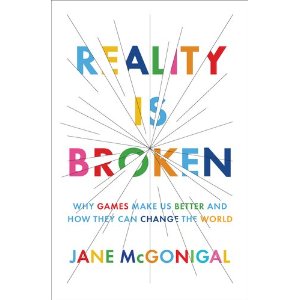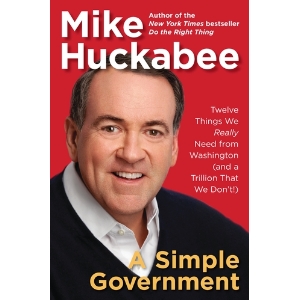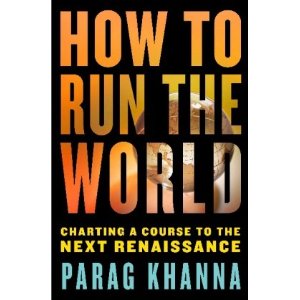
Patrick G. Eddington (Author)
![]() 6+ Deep Moral Practical Look at Loss of Integrity Across US National Security
6+ Deep Moral Practical Look at Loss of Integrity Across US National Security
February 28, 2011
FINAL REVIEW
It is difficult for any intelligence book to make it to my 6+ category, or top ten percent. What brings this book to the very top of the heap is the skillful weaving of a constant appraisal of the moral in tandem with the practical. Sight unseen I knew this book would be a five, but it jumped to six when I read it from the back to the front and saw:
Page 354: The Agency has become inbred, ossified, parasitic…a prescription for the abuse of individual rights and fatally flawed analyses of the world-at-large that have plagued CIA over the past 30 years…
In the same concluding chapter he slams Congress for not demanding full access to classified information and the Congressional intelligence committees for serving as controllers of Congressional access rather than oversight bodies, with a particular disdain and disinterest in whistle-blowers; the Pentagon for infecting its own troops with alleged medicine that cause neurological problems, and for consistently covering up and lying to one and all about the causes of Gulf War syndrome; and the US Government generally for isolating “military medicine” from civilian medicine to the point that the troops are guinea pigs for bad science, and then victims of cover-ups that would not be countenanced outside the Pentagon.
Continue reading “Review: Long Strange Journey–An Intelligence Memoir”

